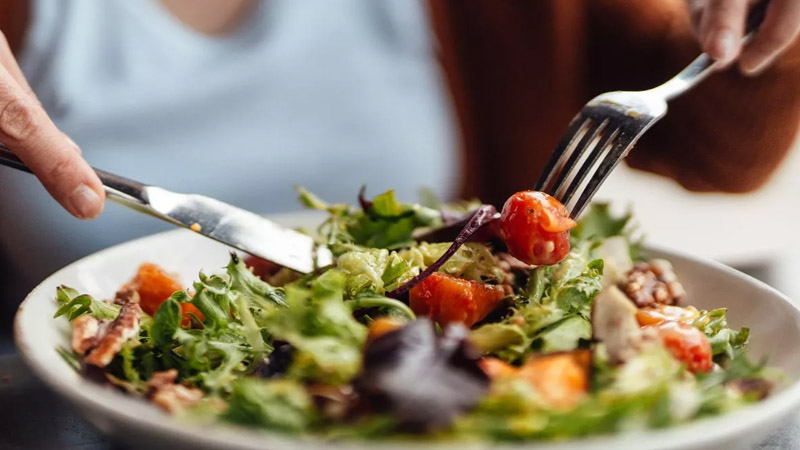Liver and liver pâté might be popular lunchtime or dinner treats, but health experts are urging people to think twice before adding them to their weekly menu too often. The issue? Extremely high levels of vitamin A, which can be harmful if consumed in excess.
According to Surrey Live, Heart UK, a leading cholesterol charity, acknowledges liver is a nutrient-dense food—low in saturated fat and high in vitamins and minerals such as iron, copper, zinc, and vitamins A, B, and D. But they also warn, “It’s generally a very healthy food to eat, but it’s so high in vitamin A that it’s best not to eat too much of it.”
“For some people, eating liver often could mean that vitamin A builds up in the body, causing health problems,” they added. “The government recommends eating no more than one portion per week of liver or liver pâté. If you do eat liver, avoid any supplements that also contain vitamin A in the form of retinol.”
Particularly at risk are pregnant women and those trying to conceive. The NHS states: “Having large amounts of vitamin A can harm your unborn baby. So if you’re pregnant or thinking about having a baby, do not eat liver or liver products, such as pâté, because these are very high in vitamin A.”

Vitamin A, also known as retinol, plays an essential role in supporting vision, the immune system, and skin health. It’s found in liver, oily fish, eggs, dairy products, and fortified spreads. However, too much can be dangerous. The NHS warns that consuming more than 1.5mg (1,500μg) of vitamin A per day over several years could increase the risk of bone fractures, especially in postmenopausal women and older men, who are more prone to osteoporosis.
The NHS also cautions that many multivitamins and fish liver oil supplements are high in vitamin A and should not be combined with a diet already rich in liver products. “You should be able to get all the vitamin A you need by eating a varied and balanced diet,” the NHS advises.
“If you take a supplement that contains vitamin A, do not take too much because this could be harmful.” The takeaway? While liver can be part of a healthy diet, moderation is key. Limiting consumption to once a week and avoiding vitamin A-rich supplements can help prevent long-term health risks linked to excess intake.
You Might Also Like:
- Young Mother Charged After Baby Dies in Hot Car While She Gets Cosmetic Treatment
- Harry and Meghan reportedly ‘Totally Lost’ after Doria Ragland leaves their Home
- Minnesota Man Shoots 22-Year-Old Woman in the Eye After She Says She’s Not Ready for a Relationship
- Trump Shuts Down CNN’s Kaitlan Collins During Cabinet Meeting Question Attempt
- Sarah Jessica Parker got candid about why she avoids sharing her political opinion online

